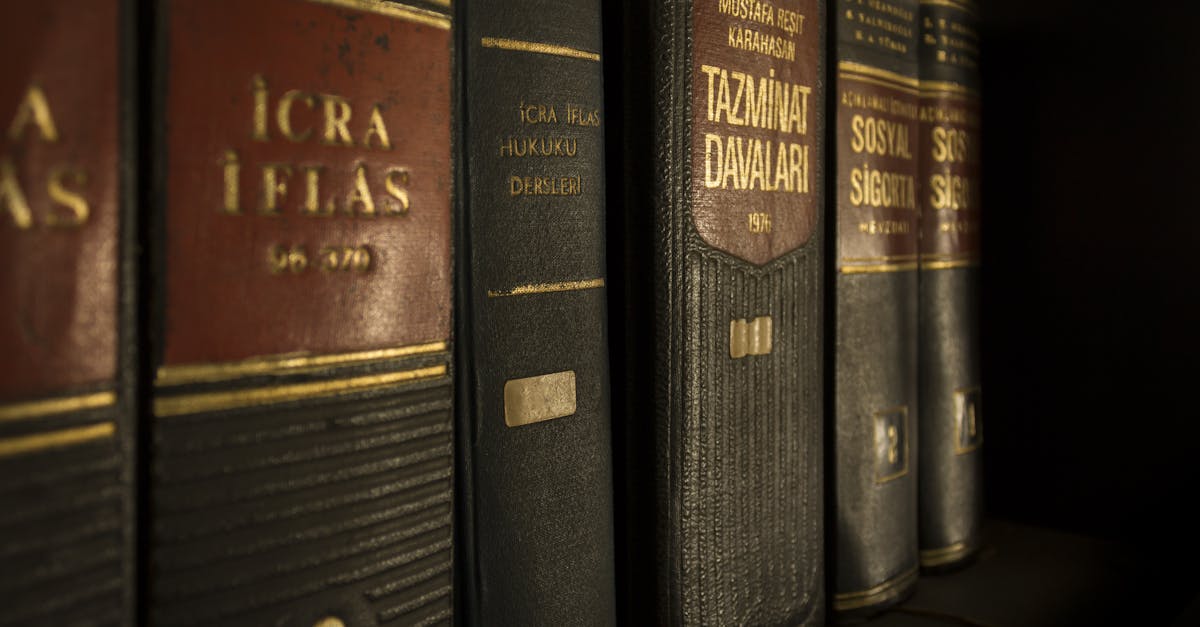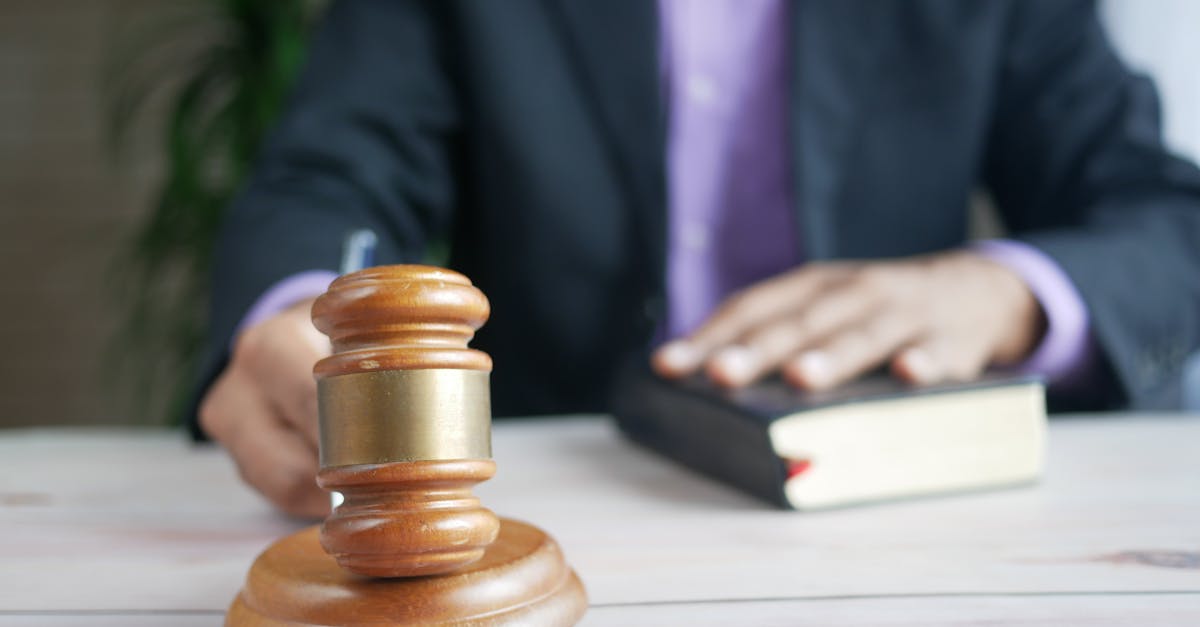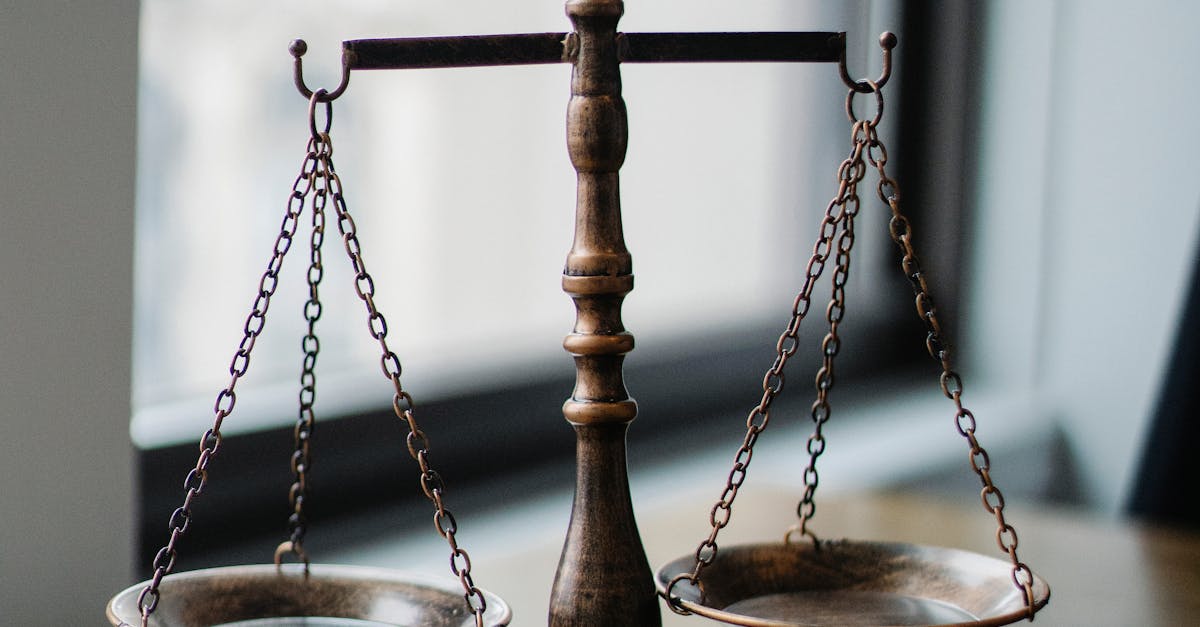
Religious Discrimination
Religious discrimination occurs when individuals are treated unfairly or harassed based on their religious beliefs or practices. Such discrimination can manifest in various forms, from overt acts of violence to subtle biases in employment, housing, or public services. Instances of religious discrimination can include denying someone a job because of their faith, subjecting individuals to offensive remarks or threats due to their religious attire, or restricting access to certain spaces or services based on one's religious beliefs. Seeking support from organizations that provide guidance on legal rights near you can help individuals navigate the complexities of religious discrimination cases and understand their options for recourse.
In recent years, there have been numerous cases of discrimination based on religion, where individuals have faced barriers in exercising their faith freely and without fear of retribution. These instances highlight the importance of recognizing and addressing religious discrimination to uphold the principles of equality and religious freedom. By seeking advice on legal rights near me, individuals who have experienced religious discrimination can learn about the protections afforded to them under the law and take steps to challenge discriminatory practices they encounter in various aspects of their lives.
Cases of discrimination based on religious beliefs or practices
Cases of discrimination based on religious beliefs or practices can manifest in various forms, ranging from workplace prejudice to denial of services. Whether it involves an employer refusing to accommodate religious practices or a landlord discriminating against a tenant based on their faith, such instances run contrary to the fundamental principles of civil rights. To effectively address these violations, individuals facing discrimination need to be aware of their rights and the legal recourse available to them. Seeking out advice on legal rights near me can provide insight and guidance on how to navigate such situations while upholding one's rights within the legal framework.
Furthermore, cases of religious discrimination can extend beyond individual interactions to systemic biases within institutions. Educational institutions, for example, may inadvertently or intentionally marginalize students based on their religious affiliations, creating unequal environments that hinder academic and personal growth. By recognizing these disparities and seeking support from organizations that advocate for religious freedom, individuals can challenge such discriminatory practices and work towards fostering inclusive environments that respect and celebrate diverse beliefs and practices. Advice on legal rights near me can equip individuals with the necessary knowledge to stand up against religious discrimination and advocate for their rights in various settings.
LGBTQ+ Discrimination
LGBTQ+ discrimination refers to the prejudiced treatment against individuals based on their sexual orientation or gender identity. This type of discrimination can manifest in various forms, such as denial of employment opportunities, unequal access to healthcare services, or harassment and exclusion in educational settings. LGBTQ+ individuals often face challenges in enjoying their full civil rights, as they may encounter bias and inequality based on their sexual orientation or gender identity. Seeking guidance and support from organizations that offer advice on legal rights near me can help these individuals navigate the complex legal landscape and advocate for their rights effectively.
It is crucial to recognize that LGBTQ+ discrimination not only violates individuals' basic human rights but also undermines the principles of equality and respect for diversity in society. Despite advancements in LGBTQ+ rights legislation, instances of discrimination and harassment against LGBTQ+ individuals continue to be prevalent. To combat LGBTQ+ discrimination effectively, there is a need for ongoing education, advocacy, and policy changes that promote inclusivity and protect the rights of all individuals, regardless of their sexual orientation or gender identity. Seeking guidance from legal experts and support groups can empower individuals to address instances of discrimination and work towards creating a more equitable and accepting society for all.
Discriminatory actions against individuals based on sexual orientation or gender identity
Discrimination based on sexual orientation or gender identity is a violation of civil rights that continues to persist in various forms. LGBTQ+ individuals often face discriminatory actions, such as being denied housing, employment opportunities, or fair treatment in public spaces simply because of their sexual orientation or gender identity. Such acts of discrimination not only infringe upon the fundamental rights of these individuals but also perpetuate harmful stereotypes and biases within society. Seeking advice on legal rights near me can empower individuals facing such discrimination to understand their rights and take appropriate action to protect themselves.
In addition to overt acts of discrimination, LGBTQ+ individuals also experience subtler forms of bias that can impede their ability to fully participate in society. Microaggressions, lack of inclusivity in institutions, and institutional policies that fail to protect the rights of LGBTQ+ individuals further compound the challenges they face. It is crucial for society to recognize and address these injustices to ensure that all individuals, regardless of their sexual orientation or gender identity, are treated with dignity and respect. Seeking advice on legal rights near me can serve as a valuable resource for addressing and combatting discrimination in all its forms.
Denial of Education Equality
Denial of education equality occurs when there are disparities in access to quality education and resources based on factors such as race, socioeconomic status, or disability. This type of violation of civil rights can have long-lasting impacts on individuals, perpetuating cycles of inequality and hindering opportunities for academic and career success. Students who experience denial of education equality may face limited options for advancement, reduced access to opportunities for growth, and a diminished ability to reach their full potential. Seeking advice on legal rights near me can be crucial for those who have been affected by this issue, as understanding their rights and options for seeking redress is essential in addressing these inequalities and advocating for equal access to education for all.
Access to a quality education is a fundamental right that should be guaranteed to every individual, regardless of their background or circumstances. Denying individuals this right not only hinders their personal growth and development but also perpetuates systemic inequalities that have far-reaching consequences. By seeking guidance on legal rights near me, individuals can take steps to challenge instances of denial of education equality, hold responsible parties accountable, and work towards creating a more equitable educational system for all students. It is imperative to address these disparities and advocate for policies and practices that promote inclusivity, diversity, and equal opportunities for all individuals to thrive academically and professionally.
Disparities in access to quality education and resources
Disparities in access to quality education and resources persist as a significant challenge in the realm of civil rights. These discrepancies often disproportionately affect marginalized communities, including individuals from low-income households, racial minorities, and individuals with disabilities. Such inequities in educational opportunities hinder students' ability to reach their full potential and contribute to the perpetuation of societal inequalities. Advancing equity in education requires comprehensive efforts to address systemic barriers and provide all students with the resources and support necessary to thrive in academic settings.
Individuals facing discriminatory practices within educational institutions can seek recourse through various legal channels. Advice on legal rights near me can provide guidance on navigating the complexities of civil rights law and pursuing remedies for instances of educational inequality. By advocating for equitable access to quality education and resources, individuals can help dismantle structural barriers and promote a more inclusive and fair society for all.
FAQS
What is considered a violation of civil rights?
Violation of civil rights refers to any act that infringes upon the rights and freedoms guaranteed to individuals by law, such as discrimination, denial of equal opportunities, or harassment based on certain characteristics.
How is religious discrimination defined as a violation of civil rights?
Religious discrimination occurs when individuals are treated unfairly or unequally due to their religious beliefs or practices, which is a violation of their civil rights.
Can you provide examples of cases of discrimination based on religious beliefs or practices?
Examples of discrimination based on religious beliefs can include denying employment opportunities, harassing individuals for their faith, or restricting religious attire or practices in certain settings.
What constitutes LGBTQ+ discrimination as a violation of civil rights?
LGBTQ+ discrimination involves discriminatory actions against individuals based on their sexual orientation or gender identity, which is considered a violation of their civil rights to equal treatment and protection.
How does the denial of education equality fall under violation of civil rights?
Denial of education equality refers to disparaging gaps in access to quality education and resources based on factors like race, gender, or socioeconomic status, which violates the civil rights of individuals to equal educational opportunities.







